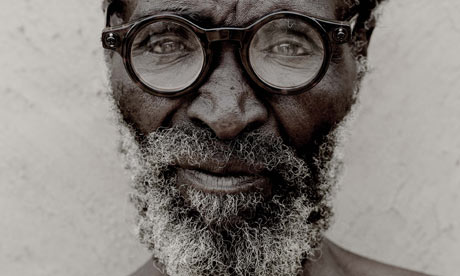
I volunteered the other day to read some theology and blog about it in connection with a project Tripp Fuller is doing over at Homebrewed Christianity. He got so many applicants he's having to sort us out with some questions on a registration form, including this one:
What is the most interesting God question in your mind today?So, with a little box to fill in, here's what I discovered I had to say about that:
I'm interested in minimalist Christianity from a practical standpoint, because the smaller something is, the faster it can be copied and spread. I blogged about this under the heading "Viral Christianity" here: This drives my interest in Simple Church, House Church, Organic Church, Todd Hunter's "Three is Enough" groups and so on. It also is part of an ongoing exploration into my own theological heritage (Lutheranism) which, while it can be as baroque as the next guy's, has certain features lurking at it's core that I think make it ripe for radical self-pruning.Nothing like a good question to get things moving.
That's what I think about anyway. To re-frame it as an answer to your question, maybe I'd put it this way; "What's on God's short list of the things that really, really mater for the Church?"
So, what do you think is on God's short list?
And what would your life, and your church look like if you used the same list?

In my own thinking, I’ve begun to look for C/church as the body that, because of its delight in its relationship with the God revealed in Jesus, lives into three outcomes:
To me, that expression provides the necessary specificity by linking C/church directly to Jesus, while also allowing for enormous diversity of belief and practice around him as the center.